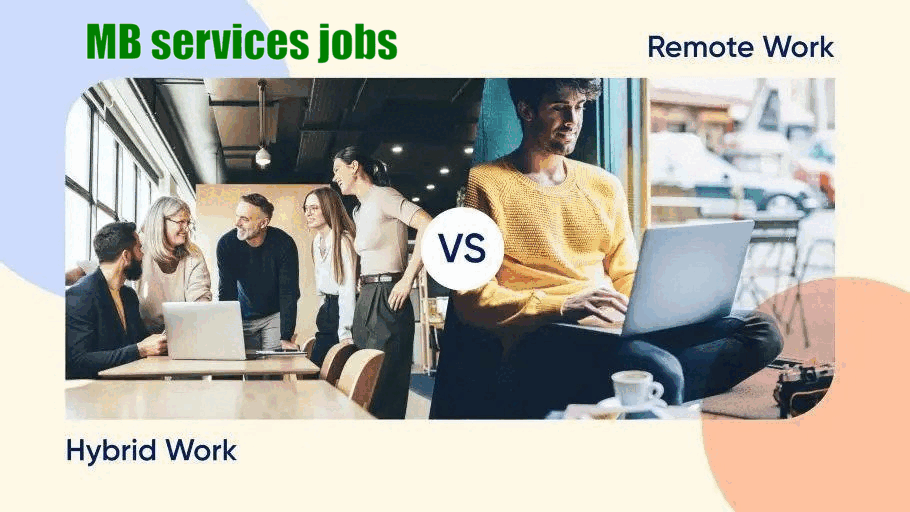Introduction
Over the last few years, where and how we work have shifted dramatically. Employees working from home for a few days and in the office for a few days is now common in hybrid-style work arrangements. And more and more businesses have realised the advantages of being completely remote.
Furthermore, people all over the world have been drawn to the flexibility of working remotely, with some even becoming digital nomads and traveling the world while working. It is obvious that the nature of work has shifted dramatically. And the future of work appears to be extremely asynchronous, flexible, and distant.
While there are major benefits to new models of how and where people can work, these new working styles also present a slew of challenges and risks. One of these risks is whether companies and their employees are insured when working remotely, whether hybrid or fully remote. Another layer of complication arises when we consider that some employees may be located in countries other than those in which the company is headquartered.
Onsite
Onsite jobs are types of employment that require you to be in an office to perform daily tasks. First, let’s talk about time management. Office work is a work arrangement in which employees work in an office during traditional working hours. The office environment is designed to support employees in communicating effectively, collaborating with colleagues, and exchanging ideas while performing their jobs. This enables face-to-face meetings, fosters innovation, makes technical support readily available, and creates strong bonds between colleagues. It also helps employees differentiate between their personal and professional lives. Other benefits worth exploring (that might convince you to return to the office) include easier and more direct communication, being able to resolve some issues more quickly, and learning from other team members in the field. This includes a deeper understanding of the culture and culture of the company and values, soft skills, and communication skills have improved.
Hybrid
Hybrid remote work is a flexible approach that allows you to combine remote and in-office work. Most hybrid work models allow employees to split their time between the office and home. It combines the benefits of working at home and in the office. Companies are adopting a variety of hybrid work models, allowing employees to complete their tasks from the comfort of home without interruption, while still having the opportunity to communicate face-to-face with co-workers. career and managers. While some hybrid models occasionally come into the office, their default work mode is remote work. While others work remotely, some work hybridly model that allows some employees to work from the office. There are also hybrid work models in which employees work remotely on certain days of the week. A company`s hybrid work policy can depend on a number of factors, including employee preferences and the nature of the job.
Work from home
Work from home is a work practice in which employees perform work from home using company-approved assets, tools, and policies. Working from home is often possible via the Internet. Employees using this form of work have flexible working hours. This method allows employees to work efficiently while still managing their work and personal and family lives. Therefore, working from home is an ideal choice for people with disabilities and parents who have to take care of small children. Working from home saves time, costs and allows employees to work more efficiently. Telecommuting is a work practice in which employees work from locations other than their home office, eliminating the need for a business to maintain an office. Companies that adopt remote work policies must meet all aspects of remote work, including work hour requirements, legal privileges, and cybersecurity standards.
Kind Regards
Malik Bashtawi
malikbash@mbservices-jobs.com
MB services group company in manpower and recruitment filed, established in 2015, licensed by the below countries #Saudia Arbia and north Africa ” #Tunisia , #Morocco “and #Jordan , #Egypt and Asia ” #India, #Pakistan, #Nepal , #Uzbekistan ,#Kyrgyzstan , #Kazakhstan and #Kenya , #Uganda , #Nigeria , #Kuwait

